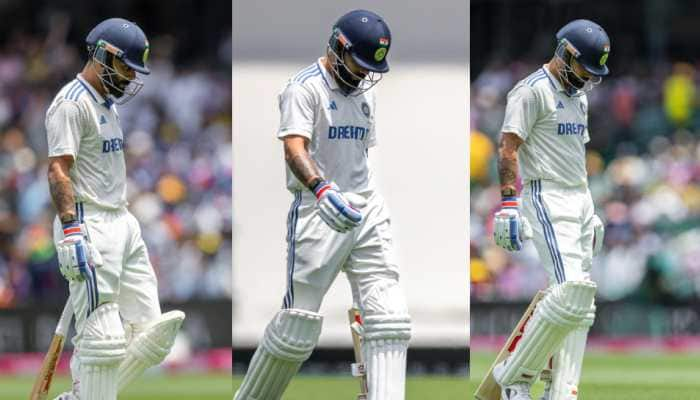Life saving liver transplant performed on Pak boy aged 4 and UAE teen in Delhi
As children, suffering from this condition grow older, their skin gets thickened and the light penetration decreases making phototherapy less effective.
Trending Photos
) (Image for representational purposes only)
(Image for representational purposes only) New Delhi: The world of medicine has seen many miracles in its time and has also given numerous people a new chance at life.
Two more people, a four-year-old Pakistani boy and UAE teen, both of who were suffering from a rare medical condition were given a new lease of life after undergoing liver transplant at a city hospital.
Khalid Mohammad (13) from UAE and Abdul Ahad (4) from Pakistan suffered from Criggler Najjar Syndrome, and recently underwent the transplant at Apollo Hospital in south Delhi.
In Criggler Najjar Syndrome or CNS, an essential enzyme GT is absent in the liver at birth. This deficiency results in toxic form of bilirubin to rise in the blood to a very high level, which can cross into the brain and produce irreversible complications, the hospital said.
And, to prevent brain damage and hearing loss from this condition phototherapy – treatment by the use of special light – is needed for 14-16 hours a day.
"Khalid received a part of his father's liver and Ahad received 30% of his mother's liver. Ayanveer Singh from Kapurthala suffering from Criggler Najjar Syndrome had underwent a liver transplant in March last year with his mother donating a third of her liver.
"After a liver transplant, there is no need for phototherapy as the new liver has the GT enzyme. The two children are now cured of this rare syndrome, which affects one in 10 lakh of population globally," say Dr Anupam Sibal, senior paediatric gastroenterologist and hepatologist, Indraprastha Apollo Hospitals.
The doctor said that they have been cured of high-degree of jaundice.
"There were a few challenges, as putting in a healthy liver in such patients, lead to blood clotting," he said.
"With the new liver, both children have received the enzyme they were not born with and their eyes are pearly white. They have finally bid adieu to their constant companion – the phototherapy unit," Sibal said.
"We have now performed more than 2,800 liver transplants in patients from India and 40 countries," he added.
As children, suffering from this condition grow older, their skin gets thickened and the light penetration decreases making phototherapy less effective.
For most of 24 hours, children need to remain under the phototherapy unit, bearing the intense light and the heat for survival, he added.
(With PTI inputs)
Stay informed on all the latest news, real-time breaking news updates, and follow all the important headlines in india news and world News on Zee News.
Live Tv







)
)
)
)
)
)
)
)
)
)
